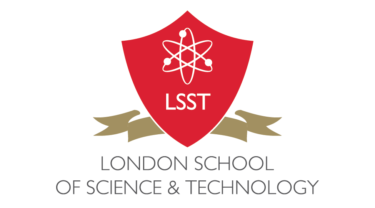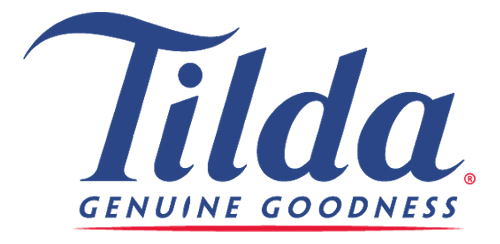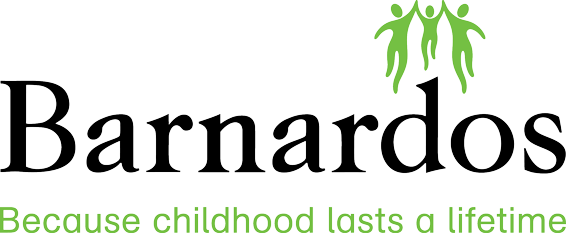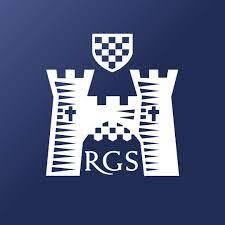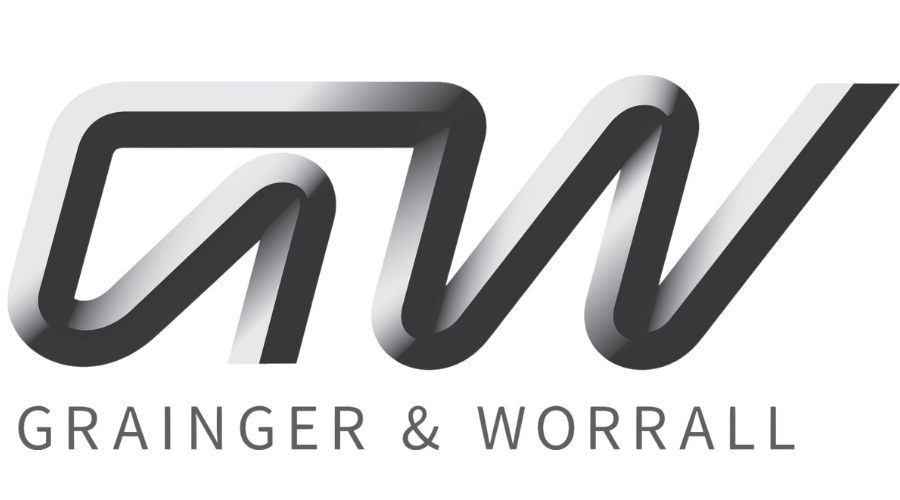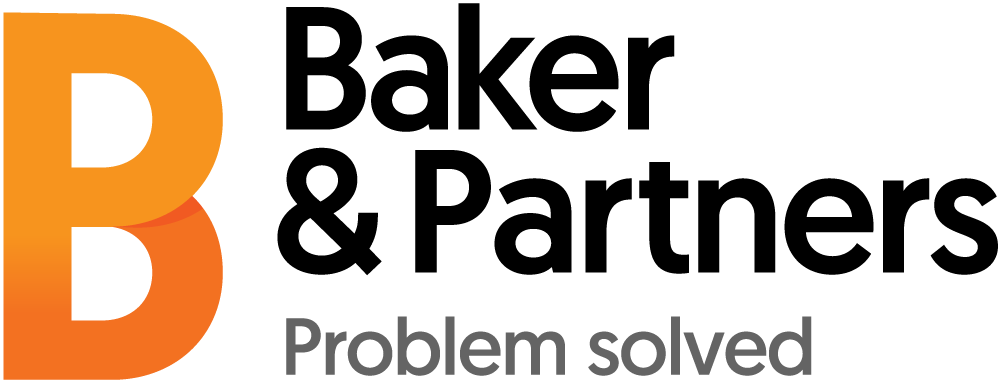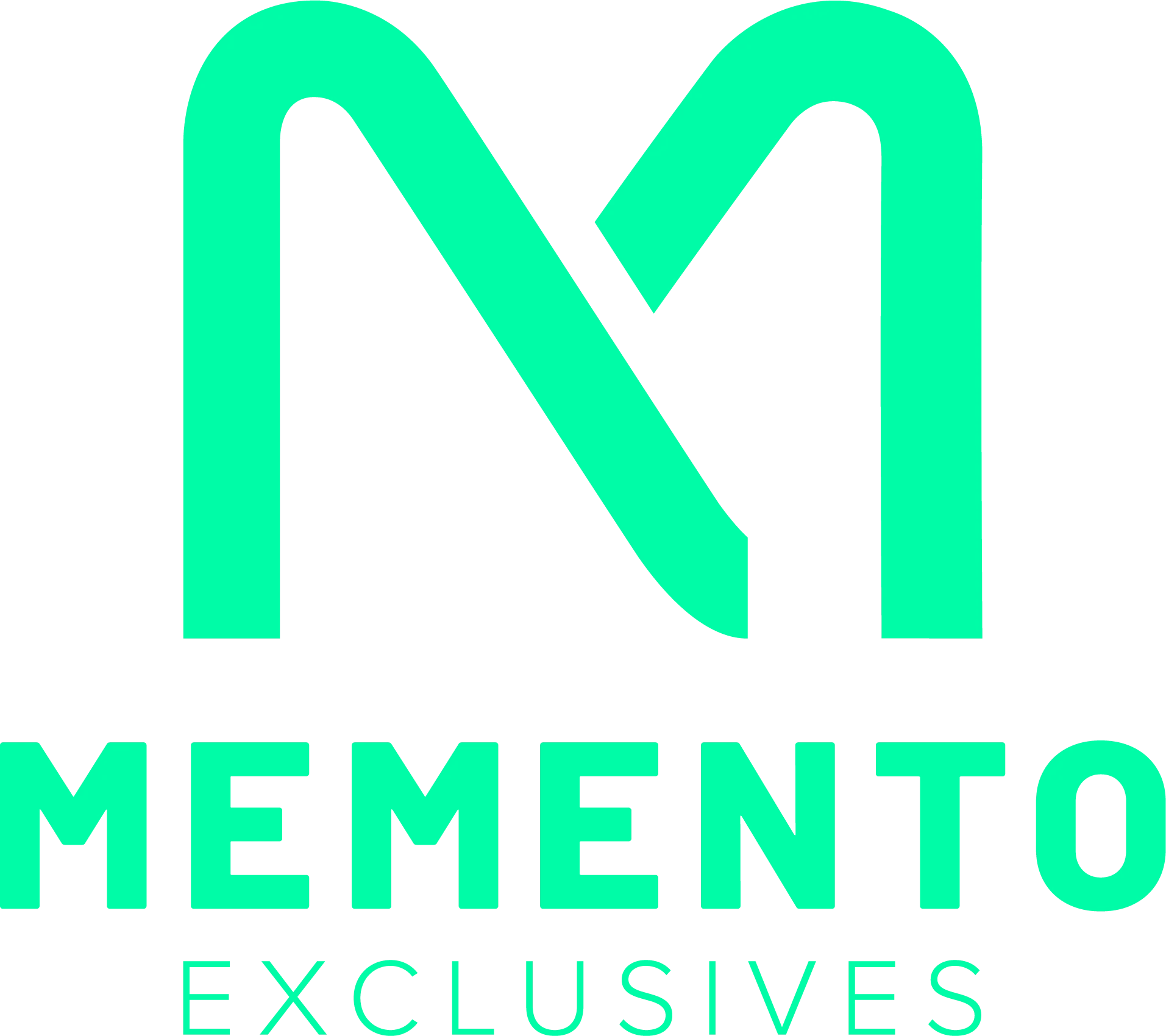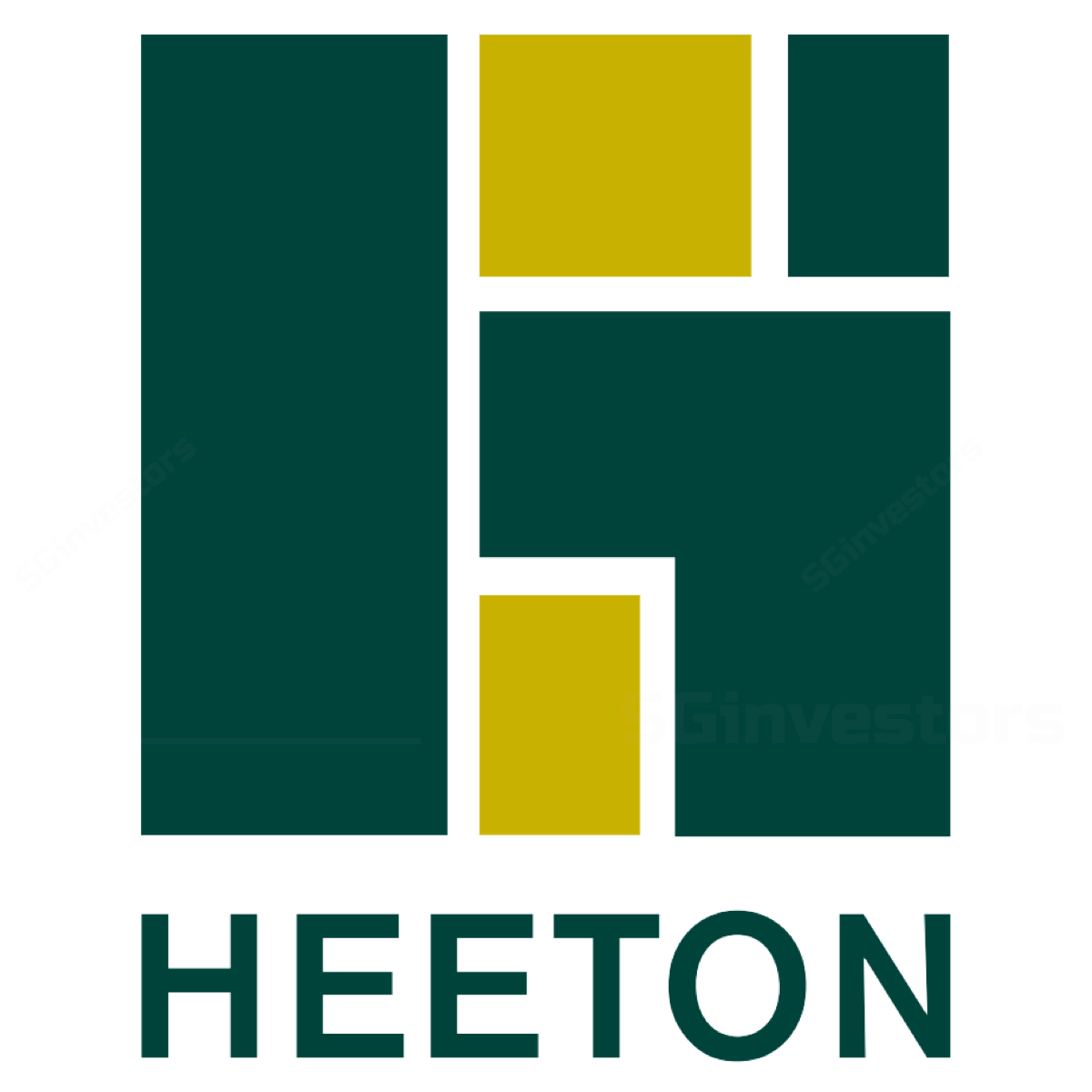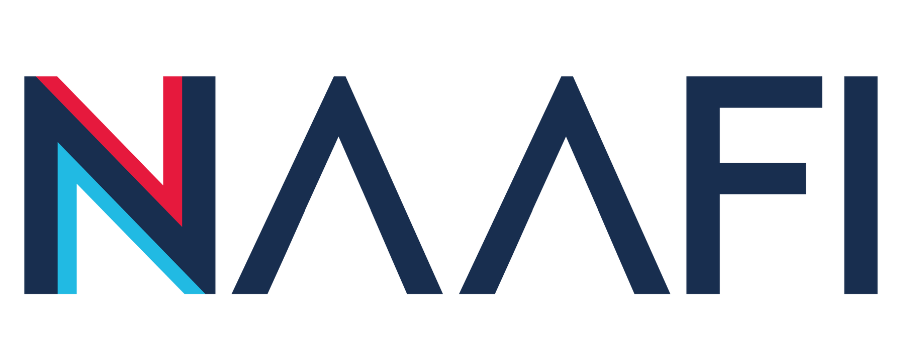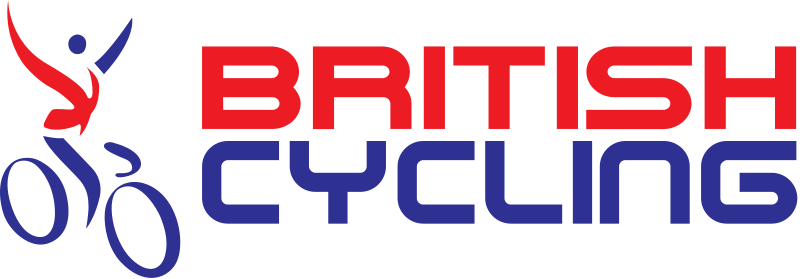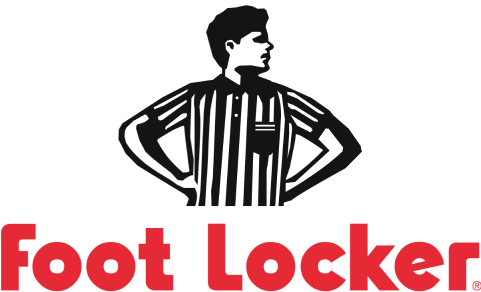Managing Talent with HRMS: How to Attract, Retain, and Develop Your Employees
Developing a Talent Management Plan: Why It Matters and How to Get Started
Developing a talent management plan is essential for businesses that want to attract, retain, and develop top talent. A talent management plan is a comprehensive strategy that outlines how a business will acquire, develop, and retain the employees needed to achieve its goals. A talent management plan can also help businesses to identify skill gaps and develop training programs to fill those gaps.
When developing a talent management plan, it's important to identify the key roles and competencies that your business needs to achieve its goals. This involves analyzing your business objectives, identifying the skills and competencies required to achieve them, and assessing your current workforce to determine where the gaps are. Once the gaps have been identified, you can develop strategies for recruiting and developing the talent needed to fill them.
Optimizing Recruitment with HRMS: Best Practices for Finding and Hiring Top Talent
Recruiting top talent is essential for the success of any business, but it can be a time-consuming and challenging process. HRMS software can help businesses to streamline the recruitment process and find the best candidates more efficiently.
One of the key benefits of using HRMS for recruitment is the ability to post job listings online and manage applications through a single platform. This saves time and eliminates the need for manual data entry, making the recruitment process more efficient. HRMS can also automate resume screening, shortlisting candidates based on predefined criteria, and scheduling interviews, reducing the administrative burden on HR teams.
In addition to these administrative benefits, HRMS can also provide valuable data and analytics to help businesses make better hiring decisions. For example, HRMS can provide data on recruitment metrics such as time-to-hire and cost-per-hire, allowing businesses to optimize their recruitment strategy over time.
Building a Culture of Engagement: How HRMS Can Help You Retain Your Best Employees
Engaging employees is crucial to retaining top talent and building a strong workforce. An engaged workforce is more likely to be productive, committed, and motivated, leading to higher levels of employee satisfaction and retention. HRMS can help businesses to build a culture of engagement by providing tools for employee feedback, recognition, and development.
One way HRMS can help businesses engage employees is by providing a platform for regular feedback and communication. HRMS can enable managers to provide ongoing feedback to employees, setting goals and expectations, and giving employees the opportunity to ask questions and provide feedback. Additionally, HRMS can provide employees with access to their performance metrics and development plans, allowing them to track their progress and see how they are contributing to the business.
Another way HRMS can help build a culture of engagement is by providing tools for recognition and rewards. HRMS can enable businesses to implement recognition programs, such as employee of the month awards or bonuses for outstanding performance. This can motivate employees to work harder and feel valued, leading to higher levels of engagement and job satisfaction.
Skills Development and Career Advancement: Using HRMS to Foster Employee Growth
Investing in employee development is critical to building a talented and engaged workforce. HRMS can help businesses to identify skill gaps and provide training and development programs to fill those gaps, allowing employees to develop new skills and advance in their careers.
One way HRMS can help businesses identify skill gaps is by providing access to employee data and analytics. HRMS can enable businesses to analyze employee performance metrics and identify areas where employees may need additional training or support. Once skill gaps have been identified, HRMS can provide employees with access to training and development resources, such as online courses, workshops, or mentoring programs.
In addition to skills development, HRMS can help businesses to foster career advancement opportunities for employees. HRMS can provide employees with access to their performance metrics and development plans, enabling them to set career goals and track their progress. HRMS can also help businesses to identify internal job opportunities and promote from within, providing employees with a clear career path and a reason to stay with the company.
Measuring Success: Using HRMS Data to Evaluate and Improve Your Talent Management Strategy
Measuring the success of a talent management strategy is critical to ensuring that it is effective in achieving business objectives. HRMS can provide businesses with valuable data and analytics that can be used to measure the success of talent management efforts, identify areas for improvement, and make informed decisions.
One way HRMS can help businesses measure talent management success is by providing data on recruitment metrics, such as time-to-hire, cost-per-hire, and applicant sources. This data can be used to optimize recruitment efforts, improve the candidate experience, and reduce time and costs associated with the hiring process.
HRMS can also provide data on employee engagement, such as feedback scores, retention rates, and performance metrics. This data can be used to measure the effectiveness of engagement initiatives and identify areas for improvement.
Finally, HRMS can provide data on training and development programs, such as participation rates, completion rates, and performance metrics. This data can be used to evaluate the effectiveness of training and development efforts and make informed decisions about future investments in employee growth.
Conclusion
At HealthBoxHR, we understand that managing talent is critical to the success of your business. Our HRMS software provides a range of tools and features that can help you attract, retain, and develop top talent, including recruitment management, performance management, and training and development. Our software also provides valuable data and analytics that can be used to measure the success of your talent management strategy and make informed decisions about future investments.
By using HealthBoxHR's HRMS software, you can streamline your HR processes, reduce costs, and increase productivity. Our system is designed to be flexible and scalable, ensuring that it can adapt to the changing needs of your business. We also place a strong emphasis on data privacy and security, ensuring that your employee data is protected at all times.
Overall, HealthBoxHR's HRMS software can help businesses to manage their talent more effectively, providing a competitive advantage in today's rapidly changing business environment.





